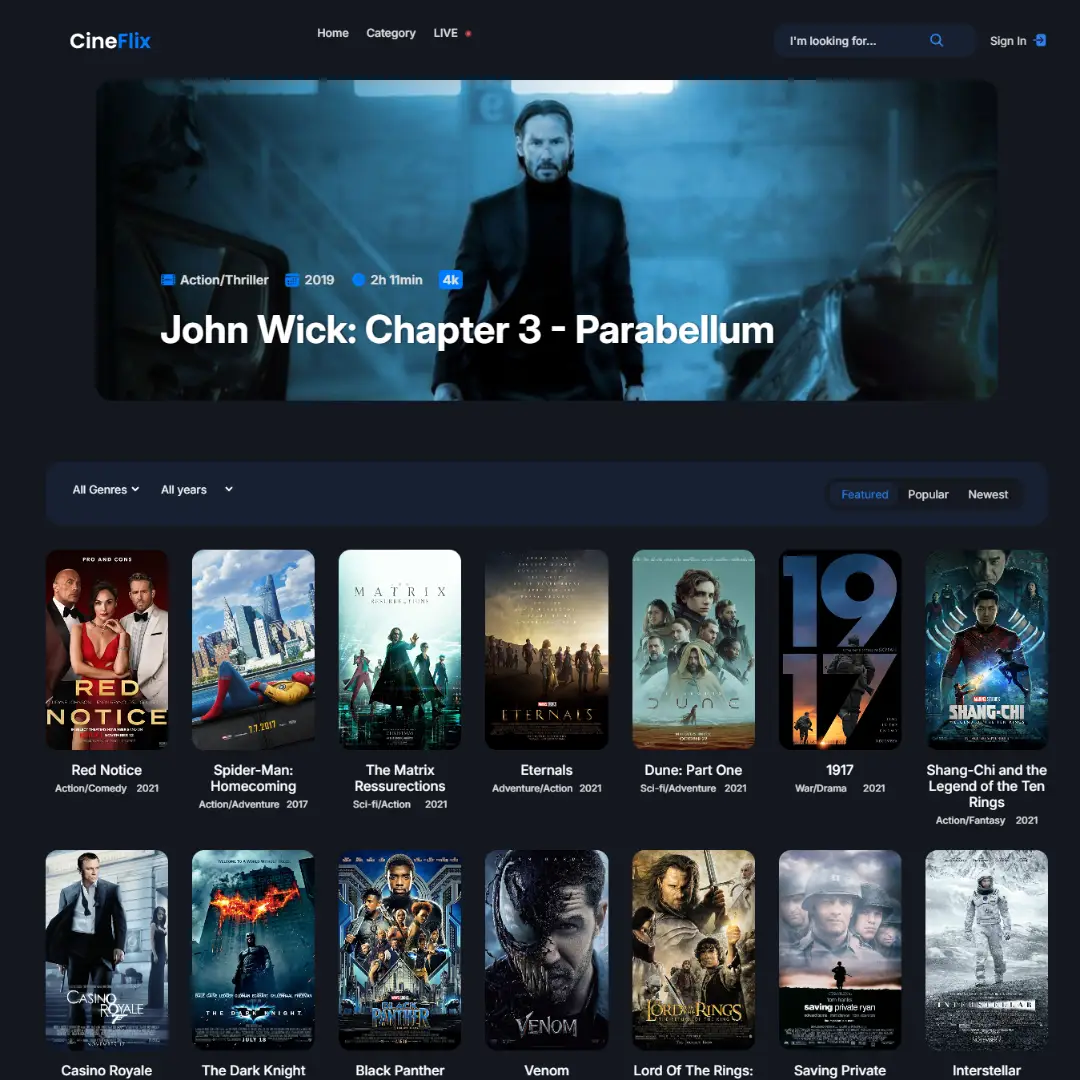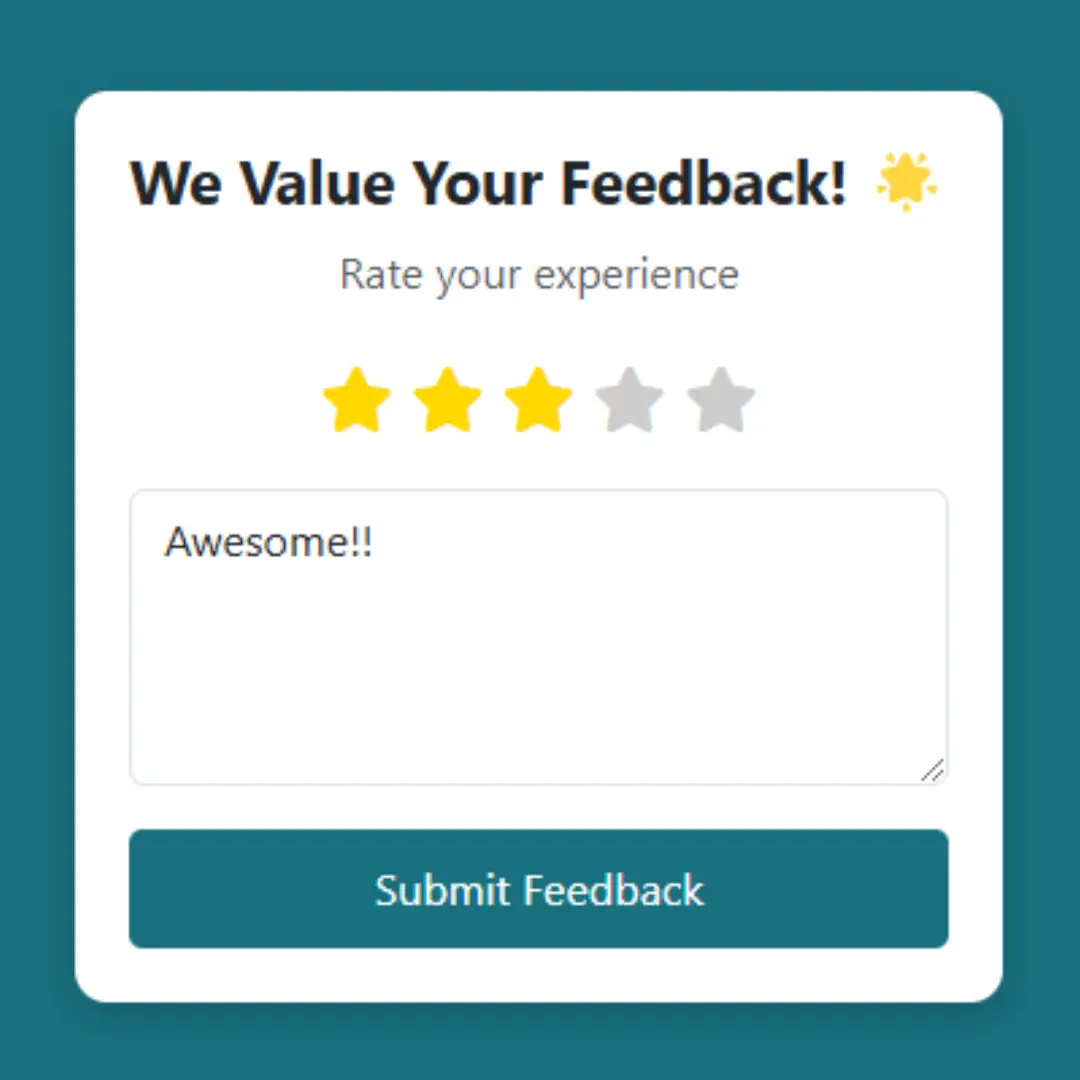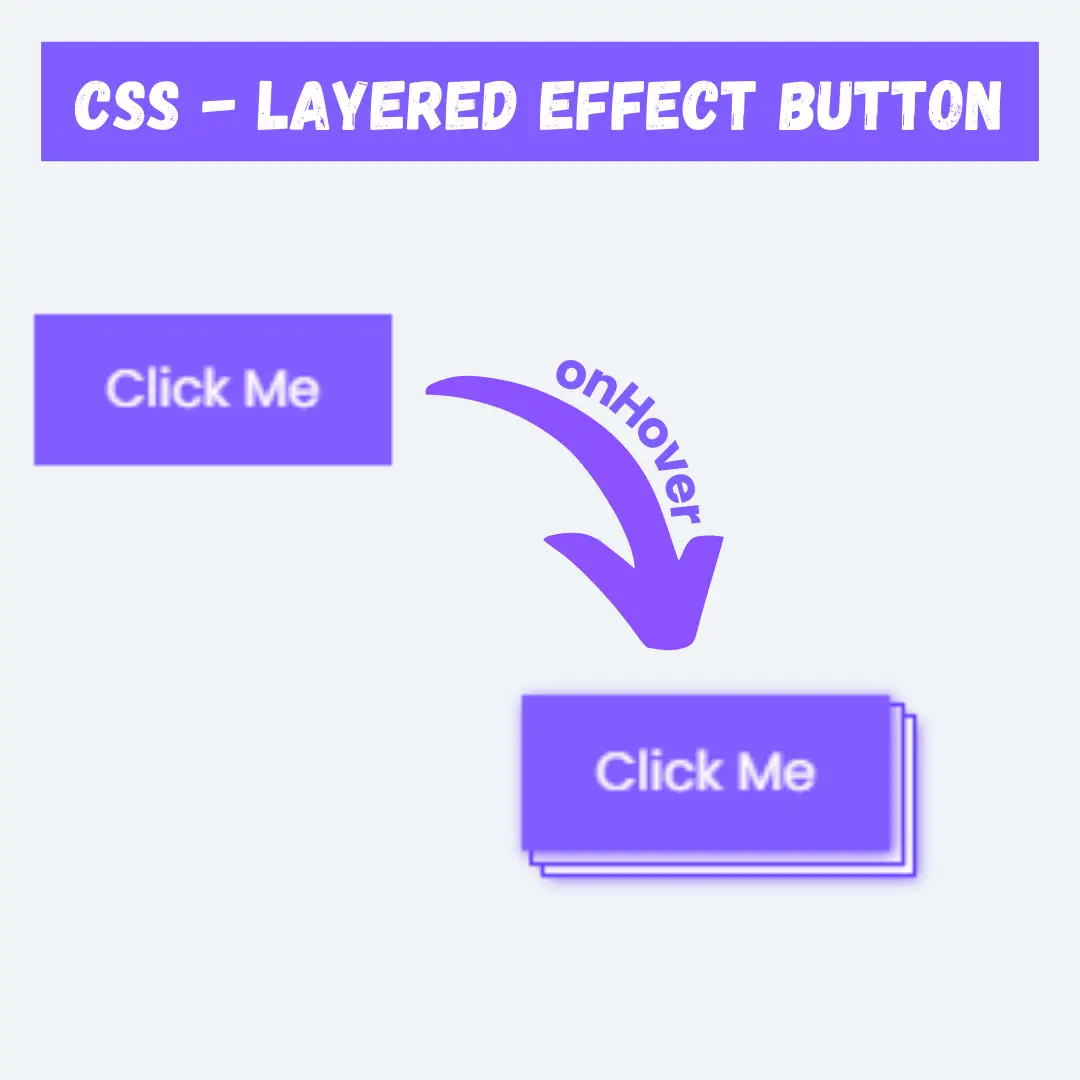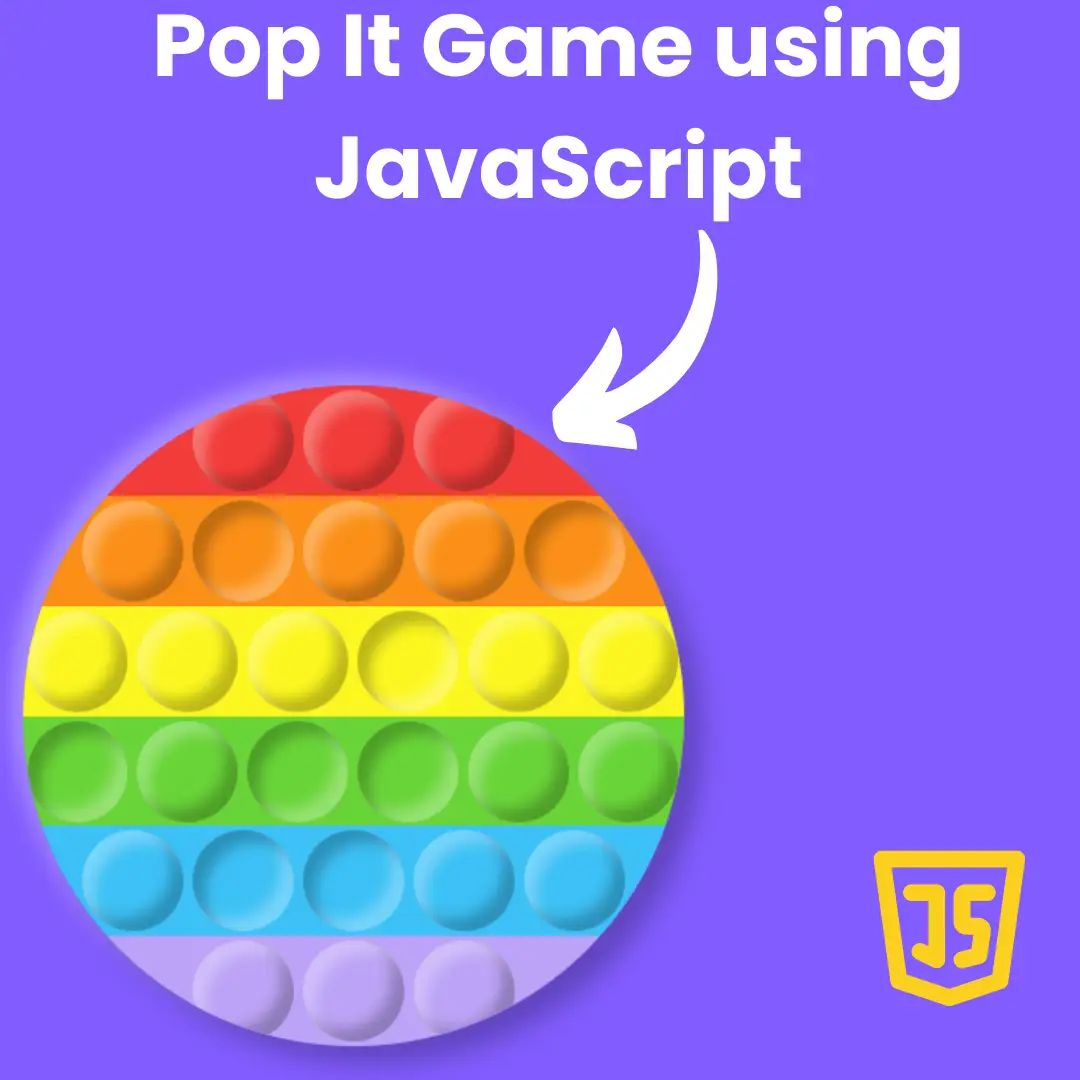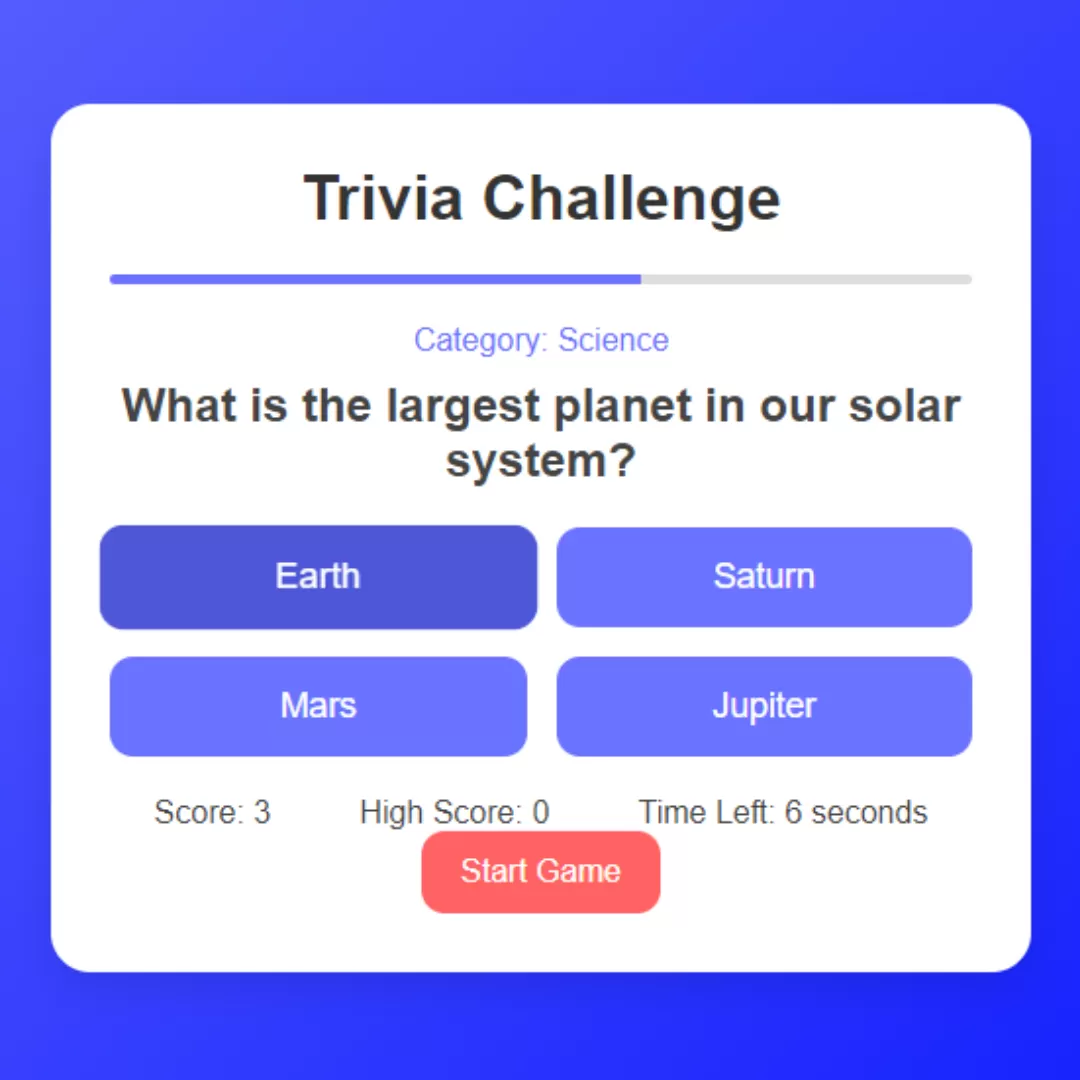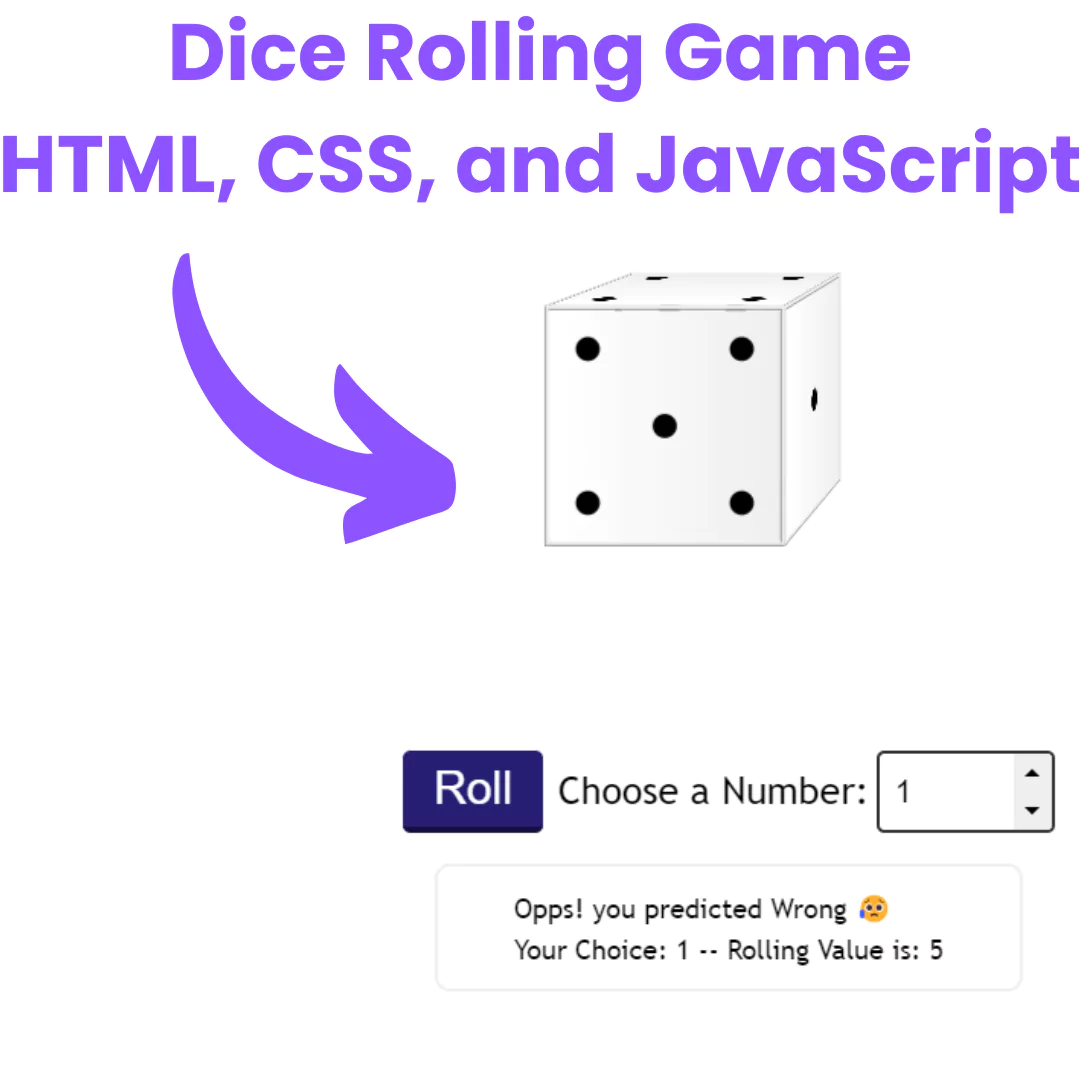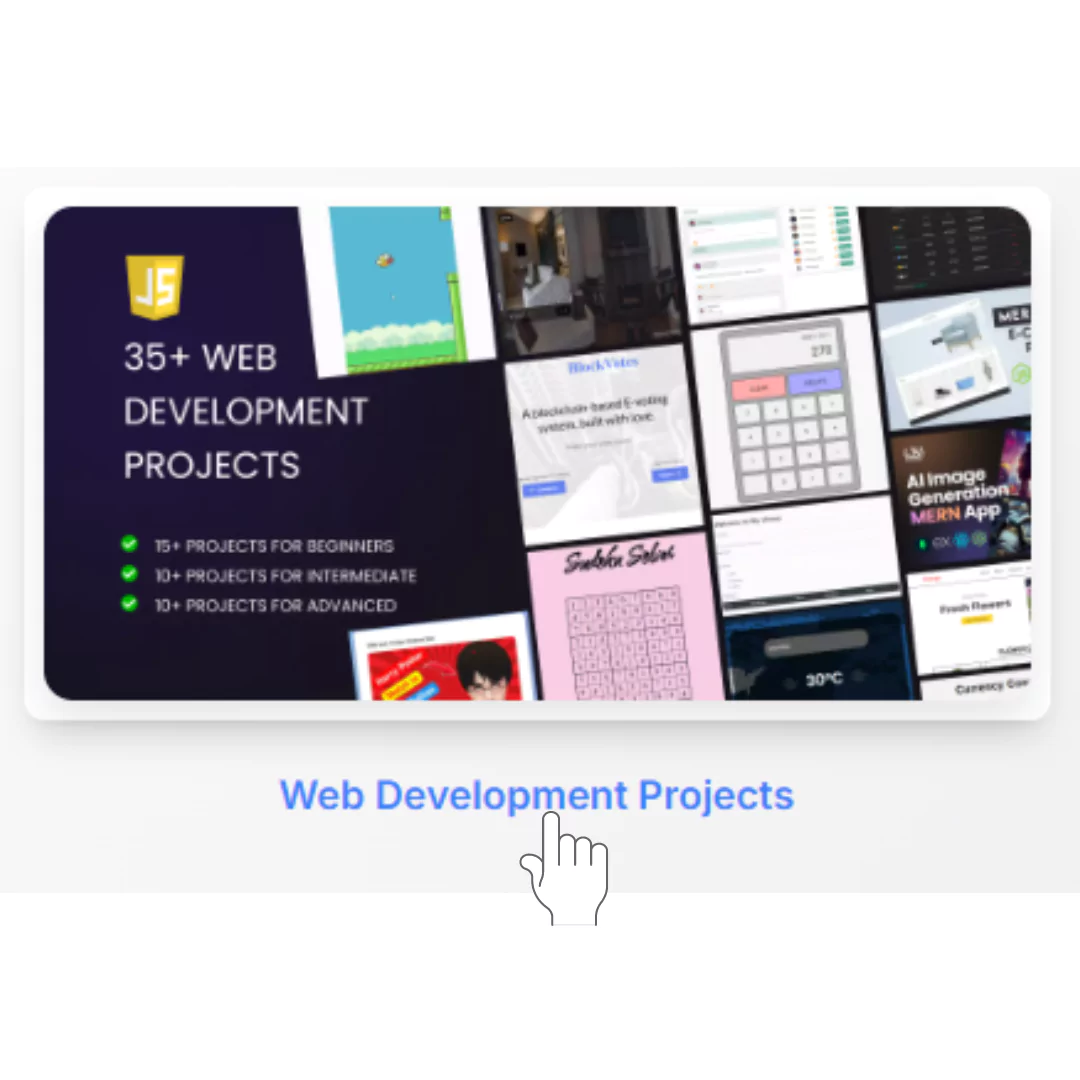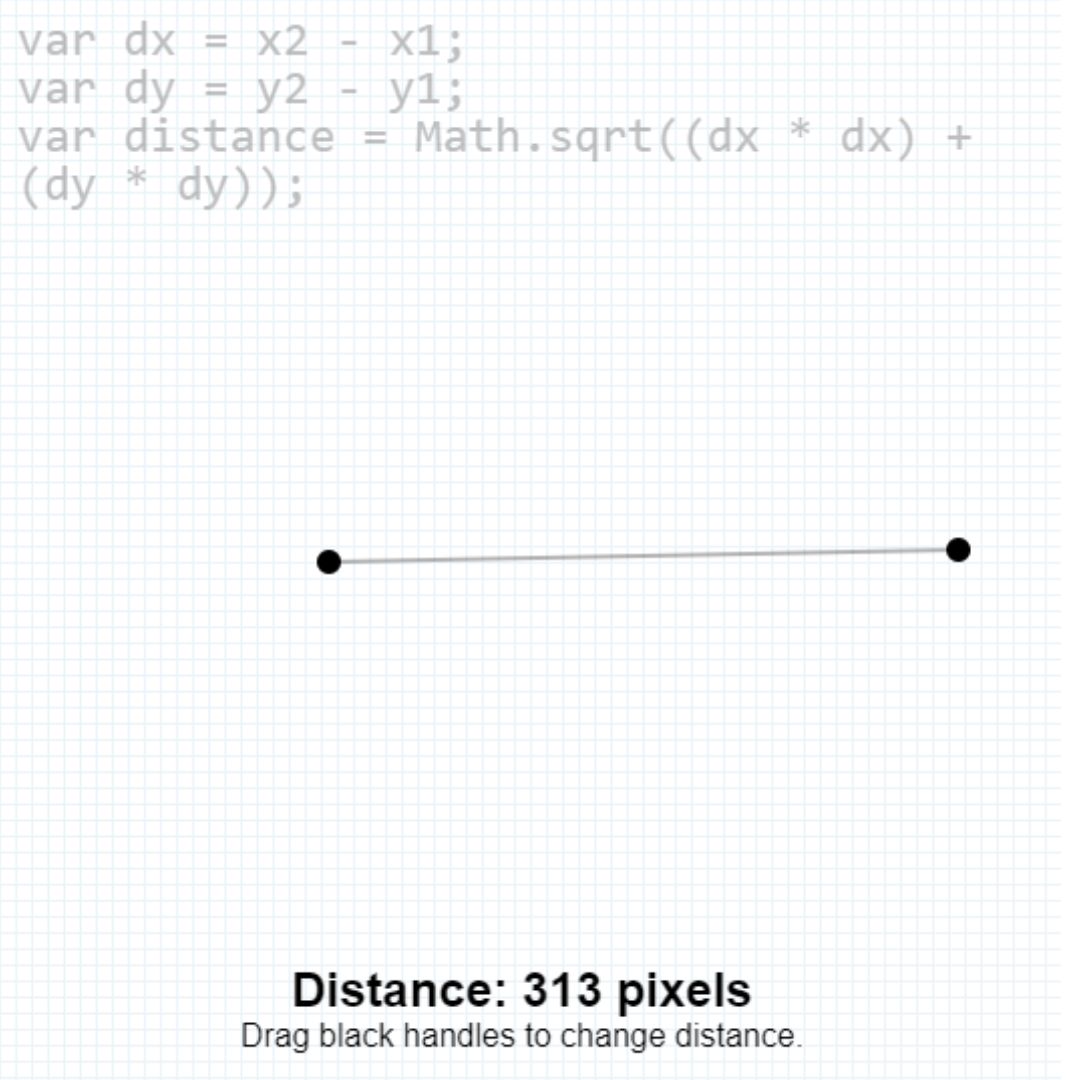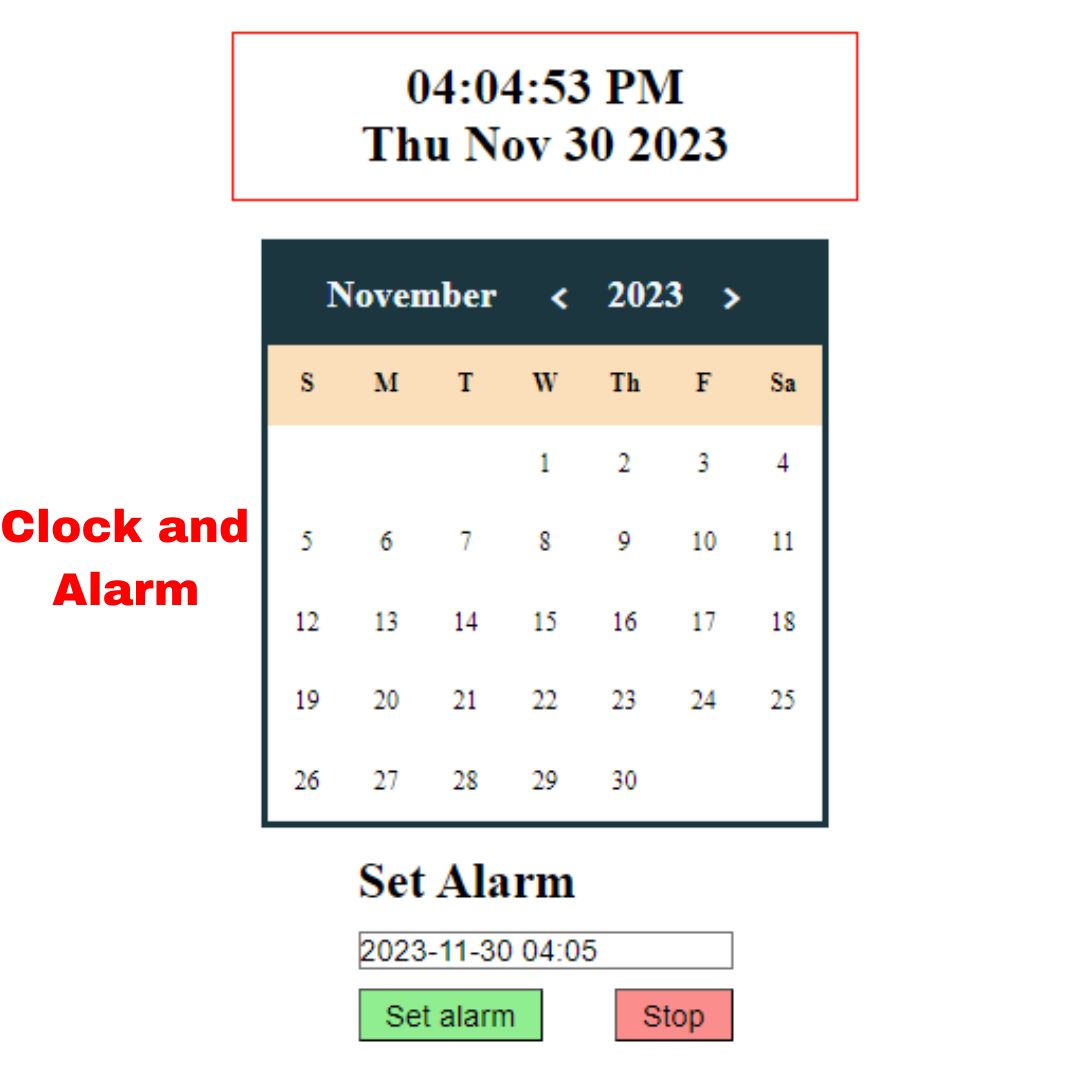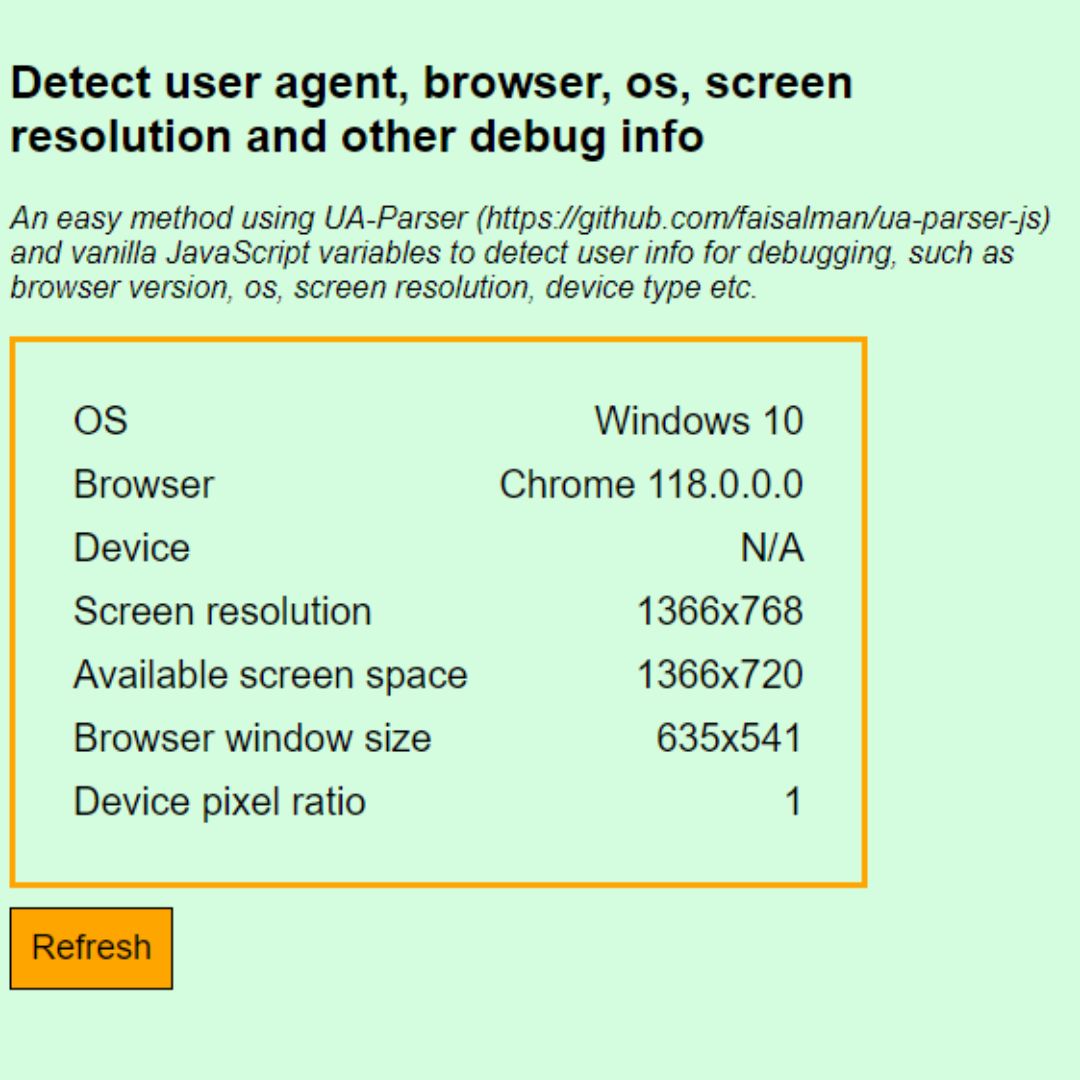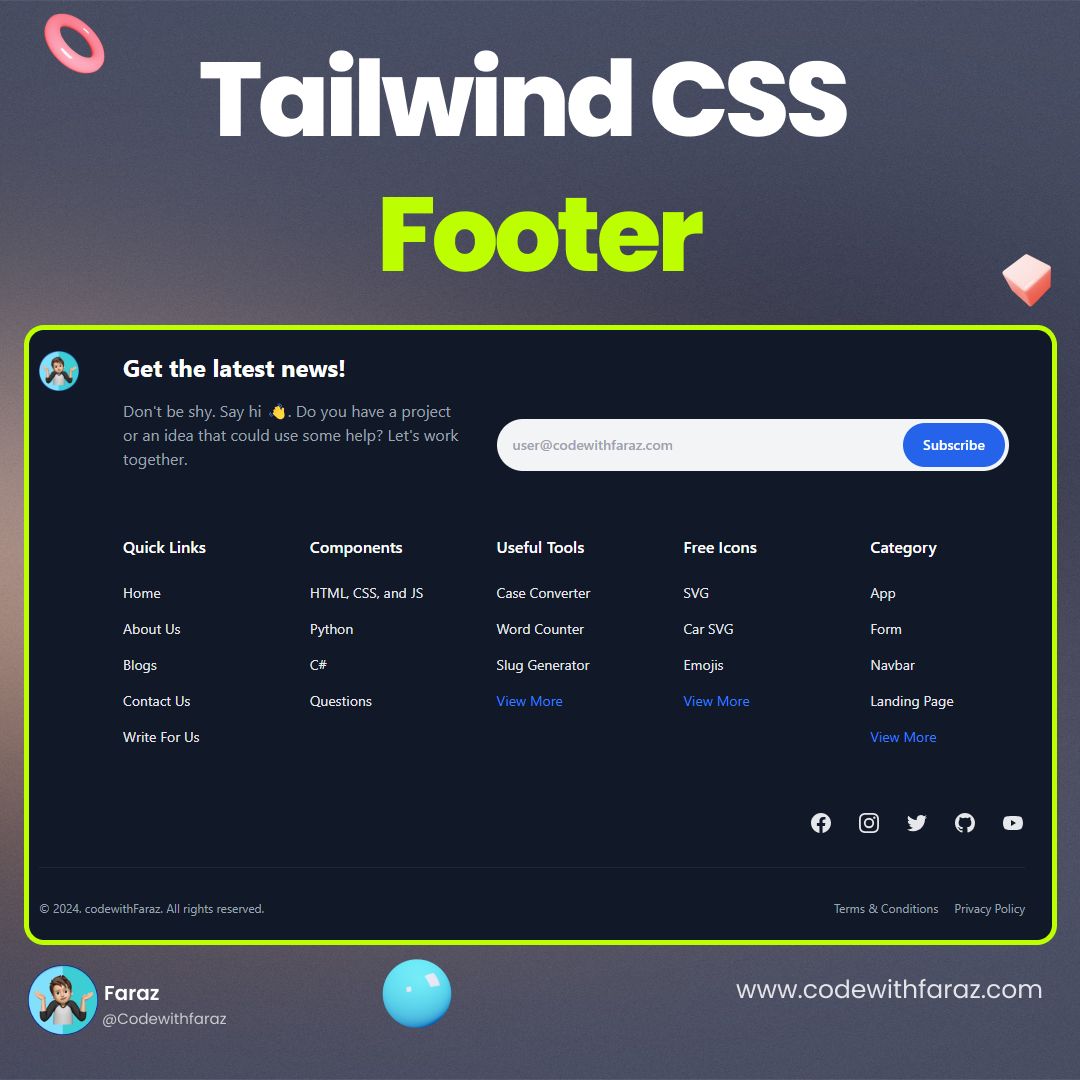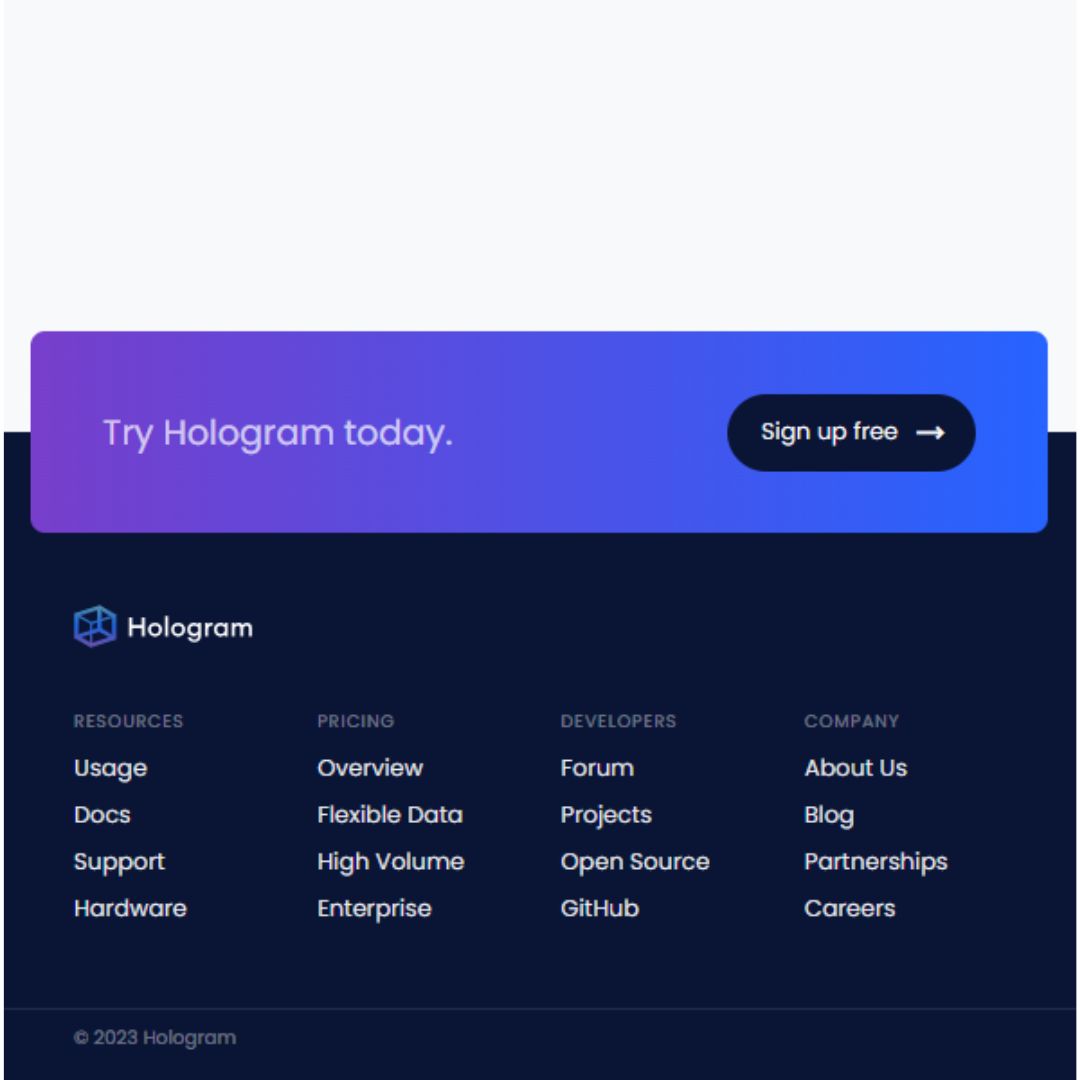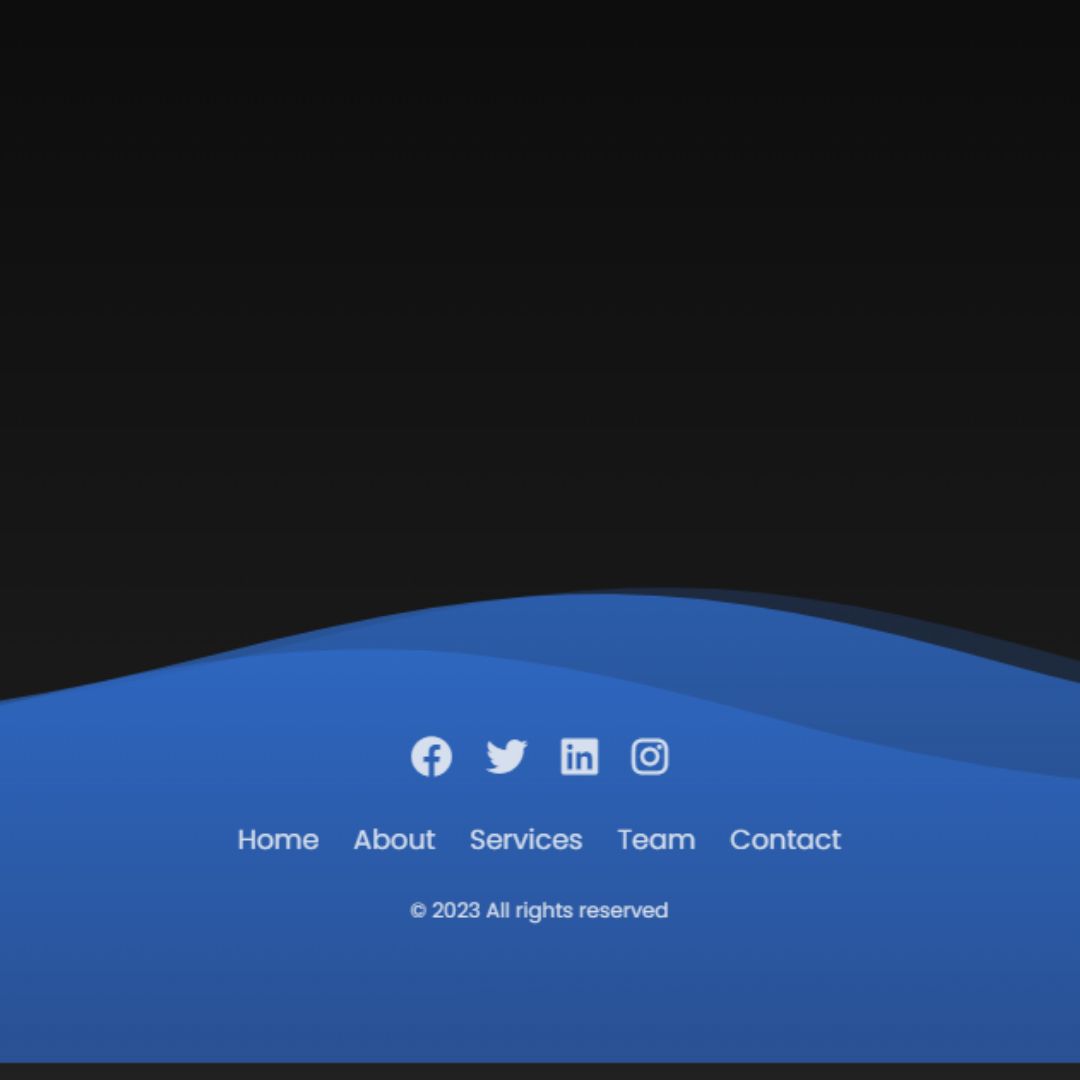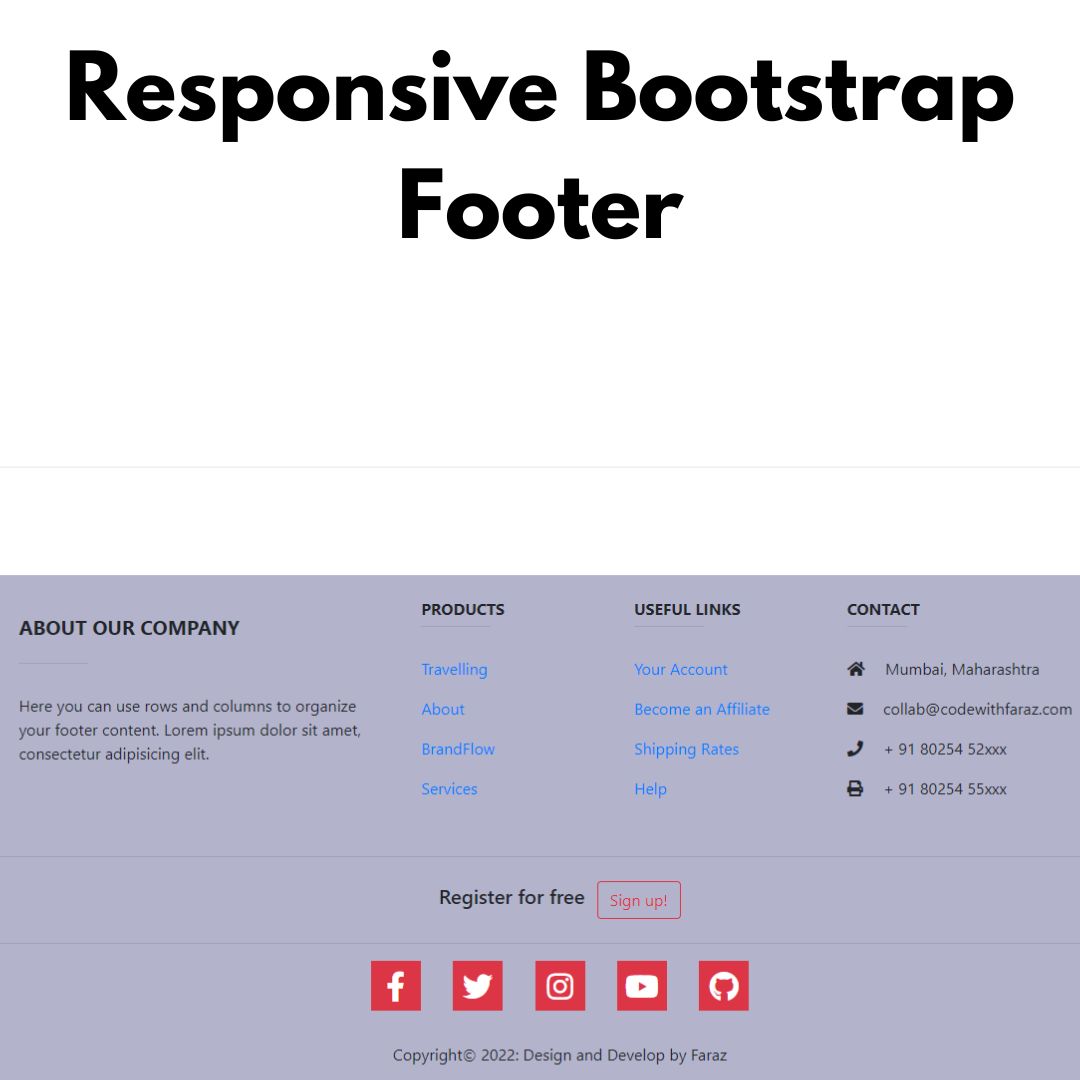Discover the best database for your needs. Understand SQL and NoSQL differences. Find out when to use each.

In the ever-evolving landscape of data control, the selection between SQL (Structured Query Language) and NoSQL (Not Only SQL) databases is a pivotal decision that could notably impact a business enterprise's capability to shop, manipulate, and examine data successfully. While SQL databases have long been the traditional choice for relational information, NoSQL databases have gained prominence for their flexibility and scalability in dealing with numerous fact types and use instances. In this article, we're going to offer a complete evaluation of SQL and NoSQL database fashions, highlighting their key differences, strengths, and whilst to use every.
Table of Contents
SQL information bases are upward adaptable, even as NoSQL statistics sets are flippantly flexible. SQL statistics units are table-primarily based, whilst NoSQL information sets are archive, key-well worth, chart, or wide-section shops. SQL statistics bases are better for multi-line exchanges, even as NoSQL is better for unstructured data like reviews or JSON.
SQL Databases
SQL databases, additionally called relational databases, adhere to an established schema such as tables with rows and columns, together with predefined relationships among tables. Here are some key traits of SQL databases:
- Structured Schema: SQL databases put into effect an inflexible schema structure, in which facts are prepared into tables with predefined columns and record types. This dependent schema guarantees statistics integrity and enforces facts consistency via constraints consisting of number one keys, foreign keys, and particular constraints.
- ACID Transactions: SQL databases support ACID (Atomicity, Consistency, Isolation, and Durability) transactions, which assure transactional consistency and reliability. ACID transactions ensure that database operations are atomic, consistent, isolated, and durable, even in gadget failures or mistakes.
- Data Integrity and Relationships: SQL databases hold referential integrity by imposing relationships among tables via overseas key constraints. This guarantees record consistency and prevents orphaned or inconsistent information statistics.
- Structured Query Language (SQL): SQL databases use a standardized question language (SQL) for data manipulation and retrieval. SQL provides powerful talents for querying, filtering, aggregating, and becoming a member of facts throughout a couple of tables.
SQL is a space-specific language used to question and oversee data. It works by way of allowing clients to impeach, embed, erase, and update records in social records units. SQL additionally considers complicated motives to be carried out using exchanges and inserted strategies like putting away talents or perspectives.
NoSQL Databases
NoSQL databases, alternatively, diverge from the conventional relational model using eschewing the based schema in prefer of a more flexible and dynamic data model. Here are some key traits of NoSQL databases:
- Flexible Schema: NoSQL databases embrace a schema-less or schema-flexible layout, allowing developers to keep and manipulate information without predefined schema constraints. This flexibility contains evolving information structures and agile improvement practices.
- Scalability and Performance: NoSQL databases are designed for distributed and horizontally scalable architectures, enabling them to scale out seamlessly across more than one node or cluster. This disbursed structure offers high availability, fault tolerance, and elastic scalability to address growing information volumes and person loads.
- Non-relational Data Models: NoSQL databases guide various non-relational information models such as records, key-price, column-family, and graphs. These information models cater to various use cases and records systems, presenting flexibility and overall performance benefits for unique workloads.
- CAP Theorem: NoSQL databases adhere to the concepts of the CAP (Consistency, Availability, and Partition Tolerance) theorem, which states that it is impossible for an allotted device to concurrently assure all three homes. NoSQL databases prioritize both consistency and availability (CA structures) or availability and partition tolerance (AP systems) depending at the use case.
NoSQL represents Not just SQL. A kind of information set makes use of non-social information systems, like reports, chart information sets, and key-esteem shops to shop and recover records. NoSQL frameworks are meant to be more adaptable than traditional social record sets and can boom or down successfully to oblige changes in use or burden. This makes them ideal for use in applications
When to Use SQL vs. NoSQL Databases
Choosing between SQL and NoSQL databases relies upon different factors which include records structure, scalability necessities, transactional consistency, and alertness use cases. Here are some situations where each sort of database service excels:
Use SQL Databases When:
- Data has a dependent schema with predefined relationships.
- ACID transactions and robust consistency are crucial necessities.
- The utility requires complex queries, joins, and aggregations.
- Data integrity and referential integrity are paramount, along with in financial structures or e-trade structures.
Use NoSQL Databases When:
- Data has a bendy or evolving schema, or the schema varies among records.
- Scalability and high availability are pinnacle priorities, which include internet-scale applications or IoT structures.
- The utility offers unstructured or semi-structured information types, including JSON documents or key-cost pairs.
- The CAP theorem trade-offs choose eventual consistency and availability over strict consistency, consisting of actual-time analytics or content material control systems.
NoSQL is liked over SQL a good deal of the time because it gives more adaptability and versatility. The critical gain of using a NoSQL framework is that it gives designers the capability to shop and get admission to information hastily and efficaciously, without the above of a traditional social statistics set.
NoSQL is liked over SQL a good deal of the time because it gives more adaptability and versatility. The critical gain of using a NoSQL framework is that it gives designers the capability to shop and get admission to information hastily and efficaciously, without the above of a traditional social statistics set. Thus, development businesses can zero in on conveying highlights and center enterprise reason quicker, without agonizing over the essential records stockpiling execution.
The desire of which type of record base to utilize - SQL or NoSQL - will rely on the unique requirements and stipulations of the task. For example, in the off hazard that you want a quick, versatile, and stable database for web applications a NoSQL framework is probably ideal. Then once more, in the event that your software calls for complex data questions and fee-based total help, a SQL framework is probably the higher choice. Eventually, there is no one length-suits-all association - the principle element is what you actually need out of your information set and which sort of framework can supply that within the most efficient way. It's best to discover the two choices previous to going with a choice.
Conclusion
SQL and NoSQL data sets address two unmistakable standards in data management, each with its arrangement of qualities, qualities, and use cases. SQL data sets succeed in organized, value-based conditions where information respectability and social uprightness are principal. NoSQL data sets, then again, offer adaptability, versatility, and execution benefits for dealing with assorted information types, high-volume jobs, and conveyed models. By grasping the distinctions among SQL and NoSQL data sets and assessing the particular necessities of their applications, associations can arrive at informed conclusions about which data set model best suits their requirements and targets in the information driven scene of today.
Author Bio:
Karen is a Business Analyst. She always shares her thoughts on Business. She is passionate about new gadgets.
That’s a wrap!
Thank you for taking the time to read this article! I hope you found it informative and enjoyable. If you did, please consider sharing it with your friends and followers. Your support helps me continue creating content like this.
Stay updated with our latest content by signing up for our email newsletter! Be the first to know about new articles and exciting updates directly in your inbox. Don't miss out—subscribe today!
If you'd like to support my work directly, you can buy me a coffee . Your generosity is greatly appreciated and helps me keep bringing you high-quality articles.
Thanks!
Faraz 😊



